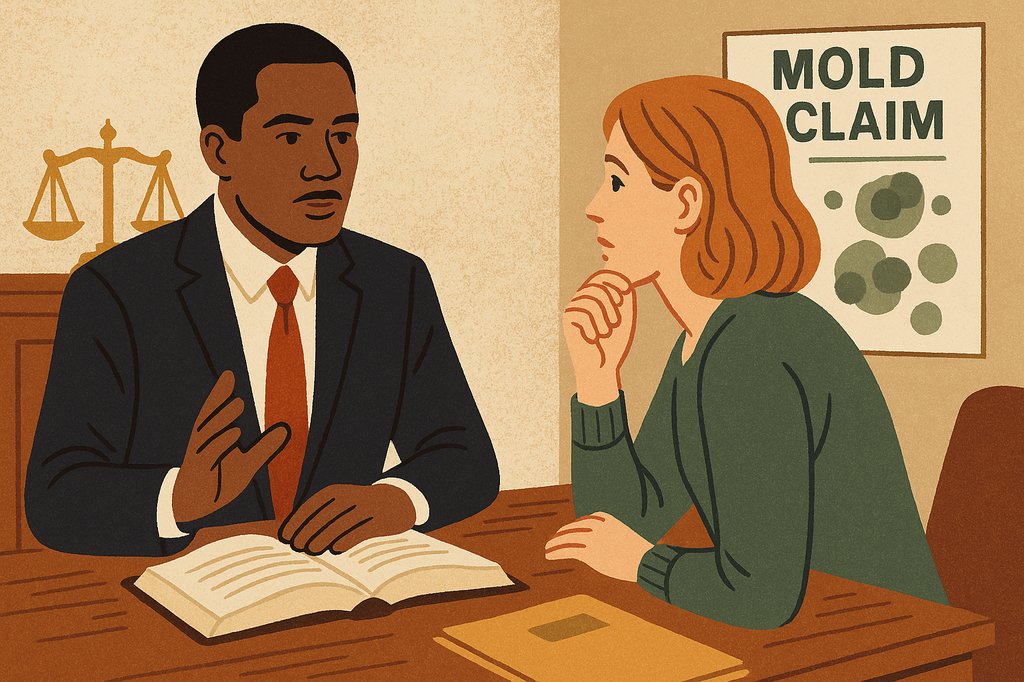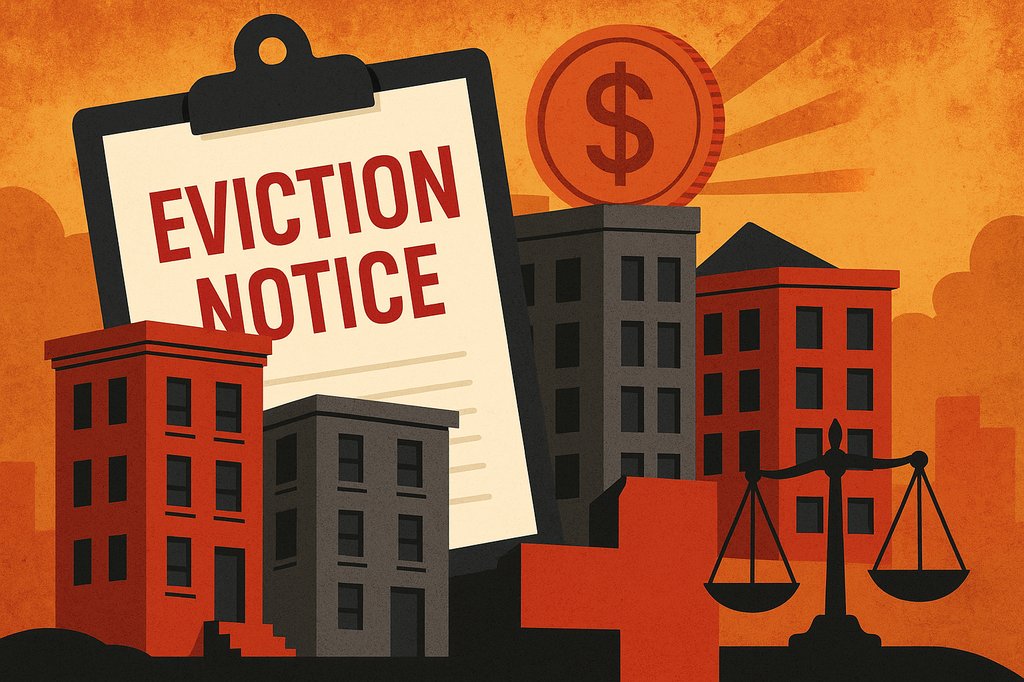A downpour of legal issues after California gets drenched

As long as water runs through pipes and people live on a property, there will be leaks and spills. This is nothing new to us.
But after historic rainfalls, we have never seen such widespread water damage. It was saddening to see hundreds of residents displaced from an East Oakland apartment complex after the parking garage flooded and PG&E cut power. Tenants ushered in the New Year in a cold, dark, and smelly apartment building with instructions to leave. Weeks later, they remain transplanted and it’s become a multimillion-dollar crisis for the management of Coliseum Connections.
It seems not so long ago, we were talking about being “water-wise.” Conserving water in rental units and water submetering requirements. These topics were not top of mind for many in our community at the time. But now, water is a very real issue as it penetrates buildings and in some instances, forces tenants to seek temporary shelter elsewhere.
There is a whole host of legal issues that are raised in the aftermath of recent storms, and let’s touch briefly on each.
Our recent rainfalls not only pose a risk to the structural integrity of the building but also creates the perfect breeding ground for mold and mildew growth. We need to address this in a timely manner or rental property owners are in violation of California’s implied warranty of habitability.
The foremost responsibility of landlords is to provide a habitable dwelling.
Tenant displacement
If the tenant is displaced because the unit is uninhabitable, they will generally have to be relocated at the owner’s expense. There is a patchwork of laws that govern the landlord’s obligation to assist in this temporary transition depending on the length of time the occupants are uprooted, the number of household members, the scope of the work to be performed, etc.
Safeguarding the belongings of anyone who has been displaced
When disaster strikes, tenants do not have the luxury of taking all of their personal articles with them. When personal property and items are left behind, landlords must take reasonable steps to protect them.
Angry renters who want to return to their home
Despite a landlord’s best efforts to give tenants temporary lodging as necessary repairs are made, some residents will be hellbent on staying put.
We often see this in other regions when a hurricane is predicted. Most people heed the warning and a mass exodus ensues but a cohort of people put up some boards on their windows and stay during the eye of the storm.
We’ll have to deal with this recalcitrance.
The tenant wants to be compensated for their damages
If a tenant’s personal belongings are damaged as a result of storms, rest assured that he or she will raise the question of who is responsible for covering it.
We’ll have to look at the individual insurance policies and exclusions for both owners and tenants, but we regret to say that anyone that does not have a distinct flood policy, they are out of luck when there is water coming from the exterior of the building.
Whoever thought in a drough-plauged state, Californians would need a flood insurance policy?
Permission to enter to effectuate repairs
When there is water intrusion in a tenant-occupied unit, the residents may or may not complain and instigate a request.
If there are no complaints by the tenant, the landlord may be curious about how the property has withstood the recent storms. Now we migrate into rules on permissible reasons for the landlord to enter with advanced notice (barring an emergency).
As a sidebar, it is not uncommon for tenants to deny access whatsoever. If there are leaks, bed bugs, whatever the discomfort, there is something to hide from the landlord, their agent, or a contractor. There may be damage, unauthorized subletters, or a marijuana farm in the rental unit, and these tenants can go through elaborate means to hide whatever is going on in the rental unit.
In events like this, we can get involved.
Parting thoughts
The precipitation has filled our reservoirs but made its way into buildings and we’ll have to deal with it.
There will be tenants of different temperaments, be they amenable and easy to compromise with, or those who are unreasonable and infuriated,, but remember this: the tenant is paying rent and is entitled to live in their abode. If unable to do so, we have a very pressing concern on our hands.
Fortunately, you can rely on a law firm well-versed in responding to crises and managing difficult rental relationships.








